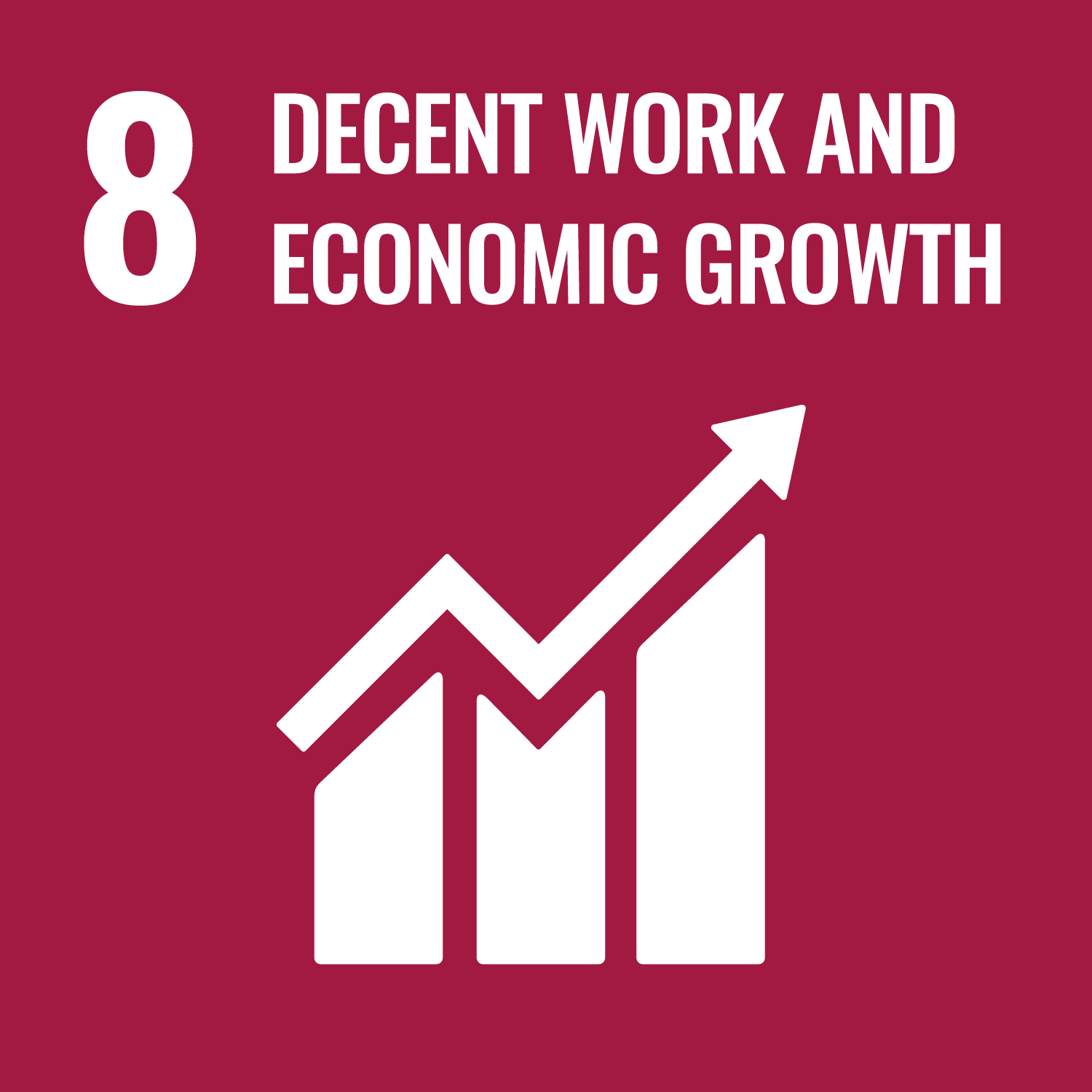Dr Maria O'Brien
Lecturer in Taxation
J.E. Cairnes School of Business and Economics, University of Galway

Having worked as a lawyer in Dublin and London for 10 years, Maria then undertook graduate study in the field of taxation and creative industries policy. She completed her PhD on tax incentives for the film industries in 2020 and has held a number of academic positions between law and cultural policy. She joined the J.E Cairnes School of Business & Economics/School of Law in April 2024.
Maria is a founding member and administrator of the Arts Council of Ireland-funded East Asia Film Festival Ireland
Maria is on the board of Imirt, the Irish games representative body and in this capacity has secured funding for workshops and core funding for 2023 and 2024.
Maria's work contributes to these SDGs
In July 2024 the Digital Games Research Association (DiGRA) launched a new chapter in Ireland, of which Maria is a founding member. DiGRA is the premier international association for academics and professionals who research digital games and associated phenomena. This Irish chapter will bring together a network of academic and non-academic scholars committed to developing research on games in Ireland.
Key Target 8.2 Diversify, innovate and upgrade for economic productivity
Maria wrote the foreword and edited a special issue of the Irish Journal of Arts Management & Cultural Policy The submissions in this special issue cover key issues across audiovisual policy in Ireland, looking at public service media, taxation policy for film and for digital games, research on funding bodies, Irish-language film policy, music policy, neurodiversity policy and archiving policies. In keeping with the remit and scope of the journal, the scholarship is drawn from a broad range of disciplines and interdisciplinary research, including perspectives on practice.

Teaching

AY5138: Corporate Governance and Taxation
The corporate governance component introduces students to the principles of corporate governance, as prescribed by regulatory frameworks. Consideration is given to the concepts of corporate sustainability and business ethics within a governance context. Students recognise the need for corporate boards to integrate wider environmental and societal concerns into their oversight functions. The wide-ranging stakeholder implications of governance failures are also examined. This element of the module will also explore common approaches to measuring and reporting corporate sustainability performance. The corporate taxation component establishes the historical context shaping today’s predominant challenges and issues related to multinational corporate taxation. Students explore critical concepts of tax dodging, tax evasion and tax avoidance. The factors defining the landscape for responsible tax, including planetary sustainability and wellbeing, are considered. Various views and aspects of tax havens are examined, and challenges of tax transparency are explored.
Supporting Targets: 5.5 Ensure full participation in leadership and decision-making; 10.2 Promote universal social, economic and political inclusion; 12.6 Encourage companies to adopt sustainable practices and sustainability reporting; 13.2 Integrate climate change measures into policies and planning
Engagement
Maria O'Brien is on the board of Imirt, the Irish games industry representative group. During her time on the board, she has worked to help shape the new digital games tax credit in Ireland, introduced in November 2022. She has helped develop links between policymakers and the industry.
Maria is co-founder and administrator of the Arts Council of Ireland-funded East Asia Film Festival Ireland (EAFFI), which has held eight successful annual festivals at the Irish Film Institute in Dublin, together with satellite events in Galway, Limerick and Cork.

Direct impact SDG Targets
8.1 - Sustainable economic growth
8.2 - Diversify, innovate and upgrade for economic productivity
8.3 - Promote policies to support job creation and growing enterprises
8.4 - Improve resource efficiency in consumption and production
8.A - Increase aid for trade support
9.1 - Develop sustainable, resilient and inclusive infrastructures
11.4 - Protect the world’s cultural and natural heritage
9.B - Support domestic technology development and industrial diversification
Indirect impact
1.4 - Equal rights to ownership, basic services, technology and economic resources
2.A - Invest in rural infrastructure, agricultural research, technology and gene banks
9.2 - Promote inclusive and sustainable industrialization
10.3 - Ensure equal opportunities and end discrimination
10.4 - Adopt fiscal and social policies that promotes equality
17.1 - Mobilize resources to improve domestic revenue collection
17.14 - Enhance policy coherence for sustainable development
17.15 - Respect national leadership to implement policies for the sustainable development goals

Research

Featured Publications
|
References |
SDGs |
|---|---|
|
O'Brien, M. (2024). Special Issue Foreword: Audiovisual cultural policy in Ireland. Irish Journal of Arts Management and Cultural Policy, 10(2), 1-7. https://www.culturalpolicy.ie/index.php/ijamcp/article/view/2887/796 |
9.2; 8.3 |
|
O'Brien, M. (2024). Media policy and cultural leadership - James Hickey, European Film Academy: In Conversation (Ireland). In Cultural Leadership in Practice: Beyond Arts Management and Cultural Policy. London & New York: Routledge. |
9.3, 9.5 |
|
O'Brien, M. (2023). Lefebvre and the media production space. Mediapolis, 8(1). |
9.B |
|
Olsberg SPI (2023). The cultural dividend generated by Ireland's Film and Television Incentive. London: Olsberg SPI. |
4.4; 8.0; 9.2 |



